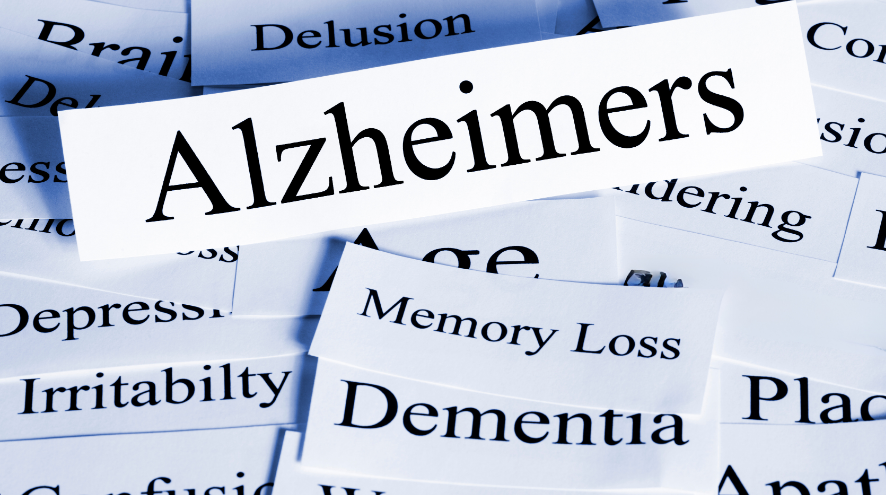Alzheimer's Vs Dementia? A Simple Explanation
Alzheimer's accounts for 60-80% of dementia cases. It however falls under the dementia umbrella. It is one of the types of dementia

People often talk about Alzheimer’s and dementia as though they are the same thing. That’s probably because Alzheimer’s is the most prevalent cause of dementia, accounting for 60-80% of all dementia diagnoses.
Dementia is not one specific disease. Rather, it's a broad term that describes a set of symptoms caused by physical disorders affecting the brain. Alzheimer’s is a specific disease under the dementia umbrella. In other words, every case of Alzheimer's disease is an example of dementia, but not every type of dementia is Alzheimer's.
Overall, know that Alzheimer's disease is a specific disease, while dementia is a general term for a group of similar diseases, of which Alzheimer's is one.
While Alzheimer's disease is the most common form of dementia, there are other types, such as:
- Creutzfeldt-Jakob disease,
- Dementia with Lewy bodies,
- Frontotemporal dementia,
- Mixed dementia, and
- Vascular dementia, the second most common type.
Symptoms of dementia
Symptoms of dementia include memory loss (both short-term and long-term), challenges with thinking, problem-solving, or language severe enough to impact daily activities, and changes in mood or behavior. While the symptoms of Alzheimer's disease largely overlap with other types of dementia, variations exist.
Different types of dementia may emphasize specific symptoms over others. For instance, frontotemporal dementia prominently displays changes in personality during the early stage, with memory decline becoming more evident in the later stages.
The differences in symptoms can be attributed to the specific brain areas affected by each type of dementia. Alzheimer's generally impacts most of the brain, while frontotemporal dementia primarily affects the frontal and temporal lobes associated with personality and behavior.
Given the differences in symptoms, affected brain areas, and causes, treatments effective for one type of dementia may not apply universally. While there are four medications available to address Alzheimer's symptoms, these may not be effective for other dementia types.
Learn more about the 10 early signs of Alzheimer's.
It is important to understand the difference between Alzheimer's and dementia, as well as the various symptoms associated with the different types of dementia.
